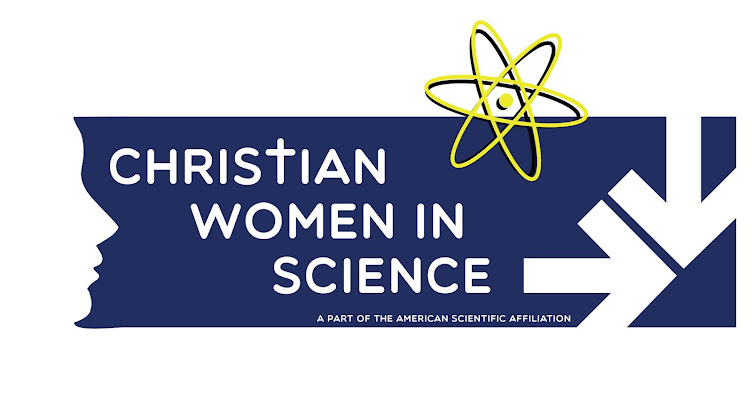Copernicus has "Conversations with God"
Painted by Jan Matejko.
"I am aware that a philosopher’s ideas are not subject to the judgment of ordinary persons, because it is his endeavor to seek the truth in all things, to the extent permitted to human reason by God." --Nicholas Copernicus (1473–1543)
Danielle Neel, Grade 8
Nicholas Copernicus was the man who shocked the world of astronomy. He found that the Sun was at the center of the "solar" system. This was a controversy because most people, including the leaders of the Church, believed that the Earth was at the center of the cosmos.
Nicholas was born February 19, 1473, in Torun, Poland to a wealthy family. His birth name was Mikolaj Kopernik. This was also his father's name. His father was a prosperous copper trader. His mother, Barbara Watzenrode, came from a wealthy family of merchants. Nicholas was the youngest of their four children.
When he was around 10, his father died and his Uncle Lucas Watzenrode, took him into his care. Watzenrode was a nobleman who became Prince-Bishop of the region of Warmia.
In 1491, at the age of 18, Nicholas went to the University of Cracow where he studied painting, philosophy, and mathematics. Here he called himself Nicholas Copernicus, the Latin form of his name.
In Cracow he took an interest in astronomy. From 1491 to 1495 Albert Brudzewski was one of Nicholas Copernicus' teachers. The University of Cracow was the first university in Europe to establish independent chairs in Mathematics and Astronomy. Brudzewski was a remarkable teacher who impressed his students by his extraordinary knowledge of literature, mathematics and astronomy. In 1490 Brudzewski became a bachelor of theology and lectured on Aristotle's philosophy. These lectures were attended by Copernicus, who himself was always interested in philosophy and theology.
In October 1496 Copernicus went to study mathematics and astronomy at the University of Bologna, where he had been sent by his uncle. Lucas Watzenrode had studied there in the early 1470s.
Copernicus was encouraged by his uncle to gain a thorough knowledge of Roman Law studying its revision by Emperor Justinian and commentators from Bologna, such as Bartolus de Saxoferato and Baldus.
While at the University of Bologna, Copernicus became the assistant to Domenico Maria Novara (1454–1504). Navara was professor of astronomy at the University of Bologna for 21 years.
University of Padua in the 15th century
In 1501 Nicholas went to the University of Padua where he completed his doctorate of law and studied medicine. He became his uncle's personal physician. After his uncle died in 1512, Copernicus became the personal physician to the 4 succeeding bishops of and his confreres from the Warmian chapter in Frombork. Copernicus practiced medicine not only in diagnosing and taking care of his patients but also in personally preparing the prescribed drugs
At Padua, Copernicus studied the writings of ancient medical authorities, such as Hippocrates, Galen, and Avicenna. He also studied anatomy and the healing properties of herbs. As a medical student he was required to accompany his professors when they visited the sick. Copernicus completed the three year degree, and had a reputation as a good physician.
Nicholas’s favorite hobby was astronomy and he formulated his ideas into a booklet called "Little Commentary."
Copernicus died on May 24, 1543. Researchers had spent two centuries trying to identify his grave, before finally locating it in 2005. His remains found positively identified by DNA testing on two strands of hair and a tooth.
A computer reconstruction of Nicolas Copernicus made from the skull discovered in the cathedral in Frombork, northern Poland, in 2005.
Copernicus should be remembered and honored as an example of a Christian who advanced the science of astronomy. He did not see a conflict between science and Christianity, though he recognized that his work was not favored by the Church.




No comments:
Post a Comment